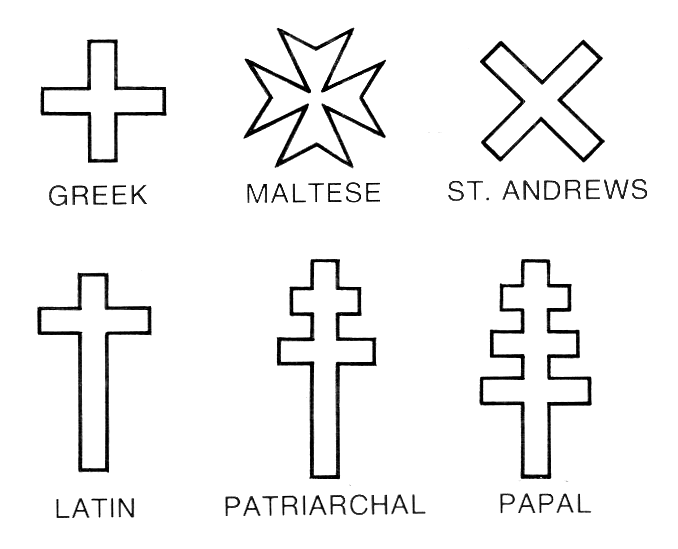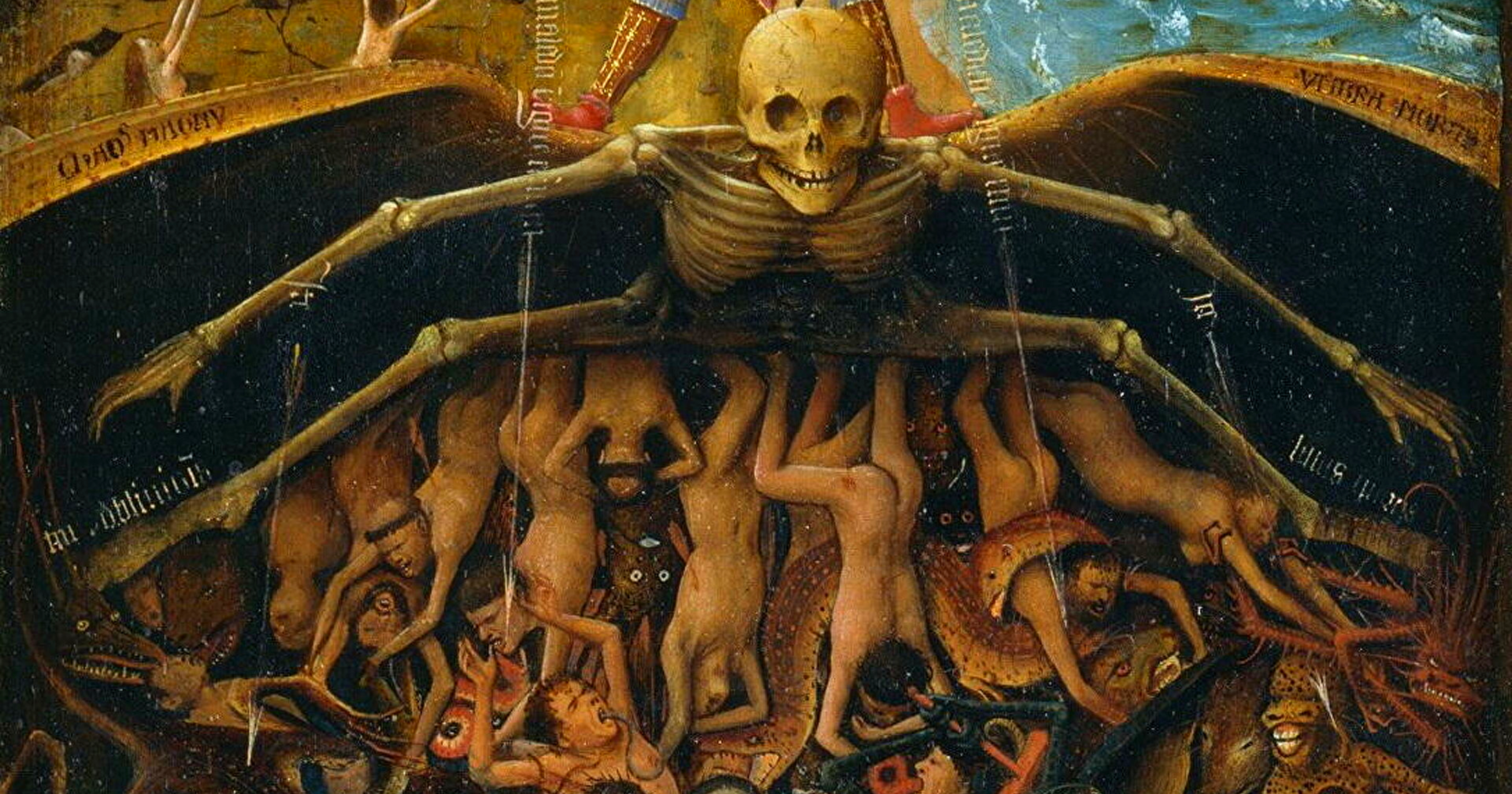Dante Alighieri is considered one of if not the greatest writer to have ever lived.
His magnum opus, of course, is the Divine Comedy, the epic poem conceived in the 14th century of a soul’s journey toward God.
The three-part work describes Dante’s travels through Hell, Purgatory, and finally to Heaven.
In the final cantica of the tripart poem, Paradiso, Dante curiously does away with his literary skill of rhyming and chooses to rhyme Christ with … Christ.
Dante clearly thought no other world in the entire Italian language was worthy enough to be rhymed with Christ, so he didn’t.
His choice however, has (two) deeper meanings.
Firstly, he was atoning for his own scabrous acts: he had written sonnets called tenzone playfully insulting his childhood friend Foresi Donati for being economically troubled, and sexually inadequate.
In those sonnets, he rhymed Cristo with tristo (distraught) and malo acquisto (ill-gotten gains) to which he later felt inappropriate.
Secondly, his Cristo Rhymes appear in the Divine Comedy in precise locations, four times to be exact. Why four?
If your circumscribe a circle around a Greek cross, four equal quadrants are made: in these quadrants Dante found it fitting to place his four Cristo rhymes.

Read these four rhymes below:
“as that laborer chosen by Christ
to help Him dress and keep His garden.
‘He seemed indeed a messenger and intimate of Christ,
since the first affection manifest in him
was for the initial precept taught by Christ.” – Paradiso XII 71-75
“for that cross so flamed forth Christ
that I can find no fit comparison.
But he who takes his cross and follows Christ
shall yet forgive me what I leave untold,
for shining in that dawn I did see Christ.” – Paradiso XIV 104-108
“no one ever rose without belief in Christ,
whether before or after He was nailed up on the tree.
‘But observe that many shout out ‘Christ, O Christ!’
who shall be farther off from Him,
on Judgment Day, than such as know not Christ.” – Paradiso XIX 104-108
“then, without perfect baptism in Christ,
such innocents were cast below.
‘Look now on the face that most resembles Christ,
for nothing but its brightness
can make you fit to look on Christ.'” – Paradiso XXXII 83-87














